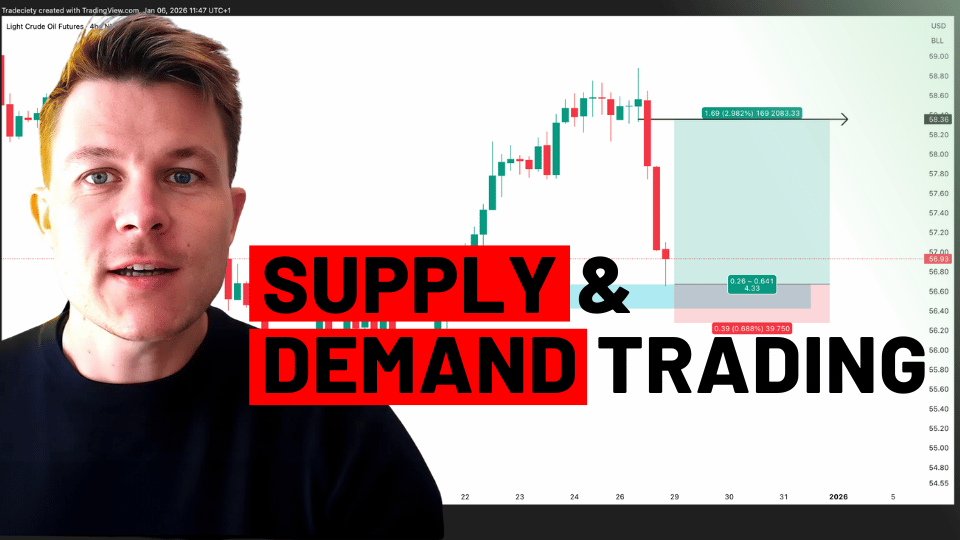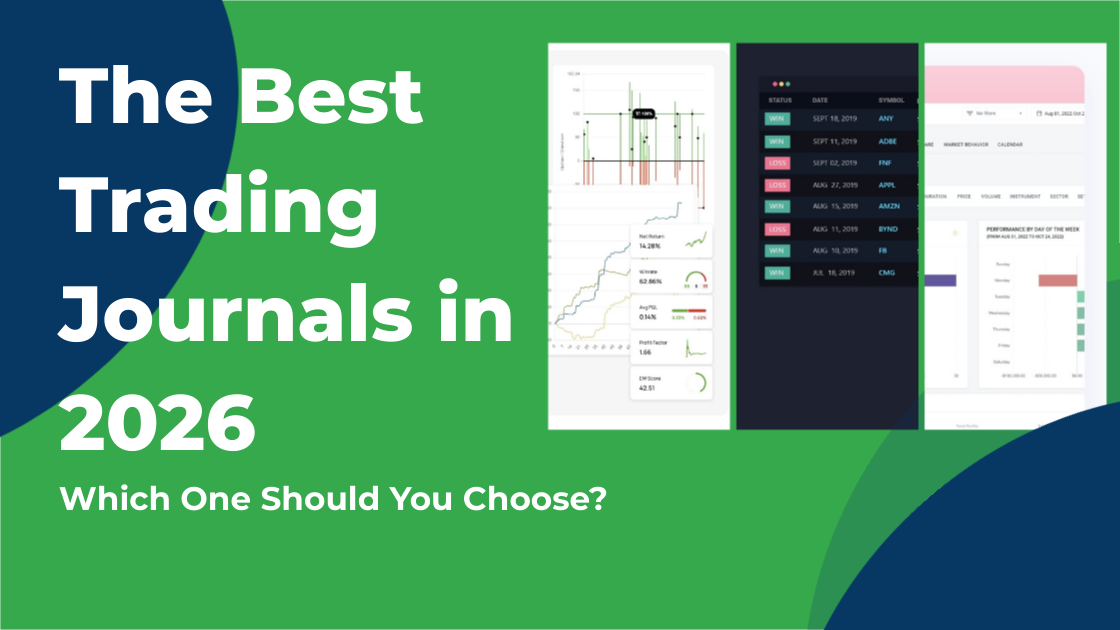Supply and Demand Trading in 2026
We have been trading supply and demand strategies for over ten years, and they have stood the test of time remarkably well. Supply and demand is...
4 min read
Moritz
Apr 4, 2019 2:30:47 PM
I am a systematic discretionary trader. If I had to make an estimate of how much is systematic and how much is discretion, I would go for 70/30. Maybe even 80/20. But those 20% make all the difference.
While my system is very straight forward and based on classic price action principles, I could never translate it into an algorithm. It simply wouldn’t work. Believe me, very talented coders have tried, including myself. While certain principles can be taken from it and used as filters in fully automated trading strategies, what makes my system so profitable and adaptable to different market environments is my brain, the best trading algorithm on earth and probably the universe.
So, how can you start listening, trusting and acting on your gut feeling, which is so important for systematic discretionary traders? It takes a lot of effort and screentime. Here are 3 little but powerful helpers.
I have just revealed to you one of the biggest secrets of my trading performance, which is tracking gut feeling versus trade quality. This is one of the most reliable indicators I have in my trading. If everything about a trade looks great, but I just don’t like it, I stay out, and my data tells me this saves me money!
On the other hand, if a trade entry is more discretionary / does not tick all the boxes it should, but my gut tells me there is great reward to be had, I get in by bending the rules. This is something I don’t recommend if you are new to trading with your system. Master it first, then you can do some fancy plays.
Also, very important to note is that your subconscious is very susceptible to stress. If outside stressors are messing with your mindset, you will go completely out of sync with the markets and lose your superpower. At least, I do. During these days or weeks, I just don’t trade. Additionally, if the markets didn’t present a good trade opportunity for a while, you might become more and more willing to play “deaf” and override your instinct. Don’t. It will only cost you money and make you very angry because you KNEW it wasn’t a good trade. This will tilt me the most.
When is the best time to listen to your instinct? Just before you get into a trade. For example, you see a trade that ticks all the boxes. You haven’t been in the market for a while because it only presented mediocre setups. You can feel the pressure building. Then, that setup…before you click buy or sell, stop. Wait for 10 seconds. How do you feel about the trade? If you don’t feel good about it, don’t take it. Period. Wait for a trade to come around that you absolutely love.
Guess, which saying in trading I absolutely do NOT agree with? Yeah. “The hardest trades are the most profitable ones”, or some crap like that. Bullshit! The easiest trades are the most profitable ones. When we love a trade, we are much less prone to making mistakes. Fewer mistakes translate directly to more money. Easy trades are easy money. You should not even be in a hard trade. Ever.
When I filter for technical grade 5 and gut feeling 5 trades in my journal, the equity curve becomes a missile to mars without a return ticket. It’s my personal ATM, printing money 24/7. I call these trades pocket rockets, as no-limit poker players like to call their starting hand of Aces. Of course, I also take trades with less than optimal conditions, simply because I am human and because they still make money. Just not as reliably and consistently as my pocket rockets. I also bet more money on pocket rockets. A lot more.
So, train your instinct. This is why you are a systematic DISCRETIONARY trader. If you want to be a systematic trader, learn to code and stop trading manually! That would make much more sense. I also have quite a few fully automated strategies running, as I enjoy the process of creating and discovering new strategies, so it is absolutely possible to be both a systematic discretionary and fully automated systematic trader at the same time. A hybrid, so to speak. The best of both worlds. And double the fun.
Start training your instinct today. Your trading account will thank you. Also, this is another argument to stop system hopping. You will never cultivate a reliable gut feeling if you haven’t traded a system over a few hundred or thousand trades. Be consistent if you want consistent results.

We have been trading supply and demand strategies for over ten years, and they have stood the test of time remarkably well. Supply and demand is...

3 min read
Choosing the right trading journal is essential for traders wanting to analyze performance, refine strategies, and improve consistency. In this...

3 min read
“95% of all traders fail” is the most commonly used trading related statistic around the internet. But no research paper exists that proves this...